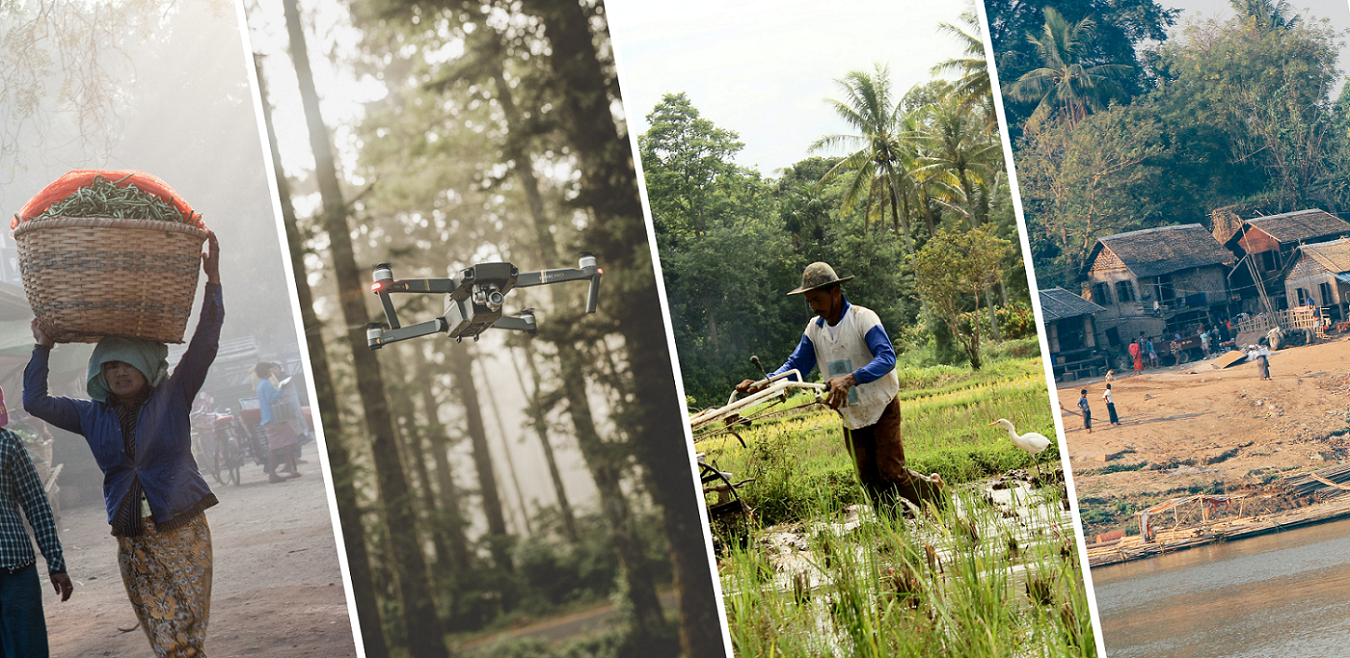
"Confronting 21st Century Challenges: The CRI Unites Science & Technology with the Arts, Humanities & Social Sciences."
In the 21st century, addressing human impacts on individual organisms and whole ecosystems, amid growth, development, and climate change is a key challenge. Threats like over-consumption and unsustainable resource use imperil biodiversity. Solutions demand understanding nature's value, fostering practical steps, and advancing equitable stewardship.
The CRI fosters interdisciplinary research, bridging natural sciences and technology with arts, humanities, and social sciences to create understanding and innovative solutions. Its agenda encompasses the core science of biodiversity change, human-driven losses, and the intricate realm of conservation as a complex system of ideas and practices.
The Institute's work program encompasses four overarching research themes that transcend disciplinary and departmental boundaries:
Conservation Across Protected and Productive Landscapes
Research under this theme focuses on alternative landscape management approaches, ranging from rigid protection of natural and semi-natural areas to conversion and intensified production in agricultural systems, and the implications of these alternatives for the conservation of biological diversity, livelihoods and wellbeing. Work includes a focus on institutions and governance regimes, and a recognition of the complex political economy of decision making in coupled social and ecological systems.
Biodiversity in the Future Earth
This theme deals with how concerns about nature and the conservation of biological diversity engage with broader drivers of socioeconomic and environmental change. It is concerned, in particular, with understanding the historical, contemporary and future contexts for conservation as a contested social practice, as well as how novel approaches and technologies are changing conservation policy and practice.
The Values of Nature
This theme addresses how different value traditions contribute to an understanding of the role of nature in relation to health, wellbeing and prosperity. This includes an understanding of biodiversity in relation to ecosystem services and natural capital, as well as the roles of nature in mitigating risk and vulnerability, and contributing to the Sustainable Development Goals.
Knowledge and Expertise in Conservation
Work under this theme addresses the role of knowledge and evidence in conservation decision making, policy and practice, as well as contested views on the science-policy interface. Research is sensitive to diverse forms of knowledge and expertise, ranging from the use of remote sensing and big data, to local, traditional and indigenous knowledge systems.
In essence, The CRI navigates the complexities of biodiversity conservation, nurturing a comprehensive approach that addresses not only scientific intricacies but also the broader societal and value-based dimensions of preserving our planet's precious diversity.




